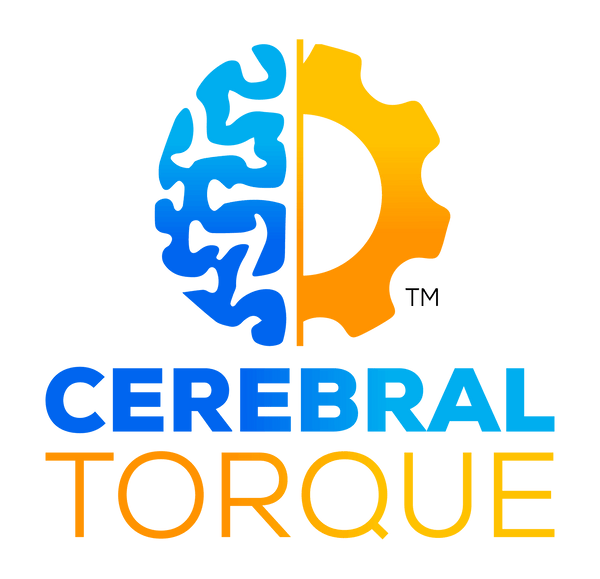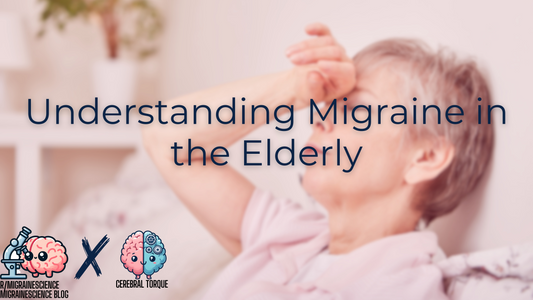
New Study Finds Link Between Migraine and Future Parkinson’s Disease Risk
Cerebral TorqueShare
This new study identified an association between migraine and an increased future risk of developing Parkinson’s disease (PD). The retrospective cohort study included 214,193 patients with migraine and 5,879,711 controls without migraine, aged 40+ years. The participants were followed for up to 9 years to identify new PD cases in those with a history of migraine compared to the general population.
The results showed that people with migraine had a 35% higher risk of later being diagnosed with PD compared to those without migraine disease, after accounting for confounding variables such as other health and demographic factors.
Additionally, the researchers found that having chronic migraine increased the risk more than episodic migraine. Those with headaches 15 or more days per month had a 72% higher chance of developing PD relative to people without migraine. Meanwhile, those with less frequent episodic migraine had a 20% elevated risk for PD.
When analyzing patient factors that impacted PD risk, the study found some differences between men and women with migraines:
- Men with migraine who also had dyslipidemia (abnormal blood lipid levels) showed a 49% increased risk for eventual PD diagnosis.
- Women under age 65 had a 47% higher PD risk if they have migraine. However, women over 65 with migraine did not show a statistically significant extra risk.
The findings indicate that migraine, especially chronic migraine, may predispose patients to developing PD later in life. Researchers theorize reasons for the link such as dysfunction in dopamine pathways being common in both migraine attacks and PD. Other theories involve oxidative damage pathways that could contribute to worsening symptoms over time.
However, more research is still needed on whether migraine directly contributes to Parkinson’s onset and progression, or if they co-occur due to overlapping risk factors and disease processes.
Nonetheless, the large sample size and long follow-up period in this study make the correlation between migraine and increased PD risk quite convincing. The results suggest that comprehensive management of migraine and associated health conditions could potentially impact one’s likelihood of developing Parkinson’s down the road.

